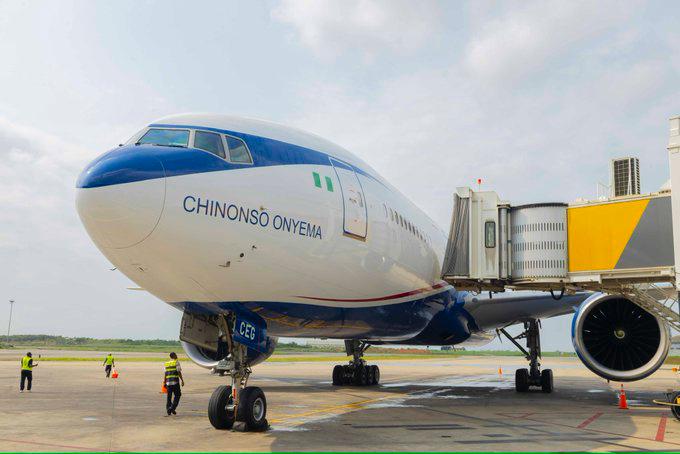I write with deep concern and a strong sense of responsibility as a citizen of Borno State to bring to the attention of the public and, most importantly, the Borno State government, the worsening situation of residents who live in communities located dangerously close to the Gada Bull River, and other natural waterways in Maiduguri. Communities such as Gwange Gangare, Galtimari, Shokari, and Bulaburin are annually subjected to the agony of flooding, yet very little has changed to provide permanent solutions for the people who live there. These are not mere neighborhoods — they are homes, schools, and places of worship where lives and dreams unfold daily, now under constant threat from seasonal floods.
Each rainy season, families in these communities live in fear, unable to sleep in peace or leave their children unattended. They are not worried about crime or insecurity, but about the rushing water that could enter their homes any night and wash away all they’ve ever worked for. For many, that fear becomes a cruel reality year after year.
In Gwange Gangare, the story is one of daily struggle and anxiety. As soon as the rainy season begins, many residents move their furniture onto elevated blocks, ready for the first heavy downpour. They stock sandbags and makeshift wooden planks to divert the water, but these measures are far from effective. They are only the desperate responses of people who have been abandoned. The Gada Bull River, which cuts through these communities, is not inherently dangerous. Its threat lies in how poorly its flow has been managed, how indiscriminately people have built around it, and how neglectful authorities have been in enforcing environmental and urban planning regulations. The river has become a symbol of abandonment for those who live near it.
In Galtimari, the river’s banks are cluttered with makeshift structures and unplanned housing. When the rain comes, it overwhelms the river, forcing the water into people’s homes. It is not uncommon to see entire compounds submerged. The residents often sleep standing or sitting up because their mattresses are soaked or floating. Children in these areas are some of the worst affected. Many of them fall ill from playing in or wading through floodwaters contaminated with sewage and garbage. Parents have to choose between keeping their children home or sending them through ankle-deep water to school. This is no way for a child to grow up.
Shokari, another community along the river, acts as a basin for overflow. Rainwater from higher areas channels down to Shokari and settles there. Houses get surrounded by stagnant water that takes days — sometimes weeks — to dry up. In that time, mosquitoes breed rapidly, and malaria becomes widespread. Bulaburin shares similar stories. It is a flood-prone area where residents have suffered silently for years. Floods have destroyed not just homes, but also small businesses, school materials, farming tools, and personal belongings. For residents here, rebuilding after each rainy season is a routine that comes with pain and hopelessness.
What makes this situation even more painful is that it is entirely avoidable. Urban planners and environmental experts have long warned against building near waterways without proper flood management systems. Sadly, those warnings have not been taken seriously in Maiduguri. We must also recognize that these people are not living in these areas because they want to. Many were forced there by economic hardship, rising rents in safer parts of the city, and the lack of affordable housing alternatives. Their choice was not between safe and unsafe — it was between unsafe and homeless.
The government has a moral obligation to protect all its citizens, especially the most vulnerable. Ignoring these communities simply because they live on the margins is not only unjust — it is dangerous. Natural disasters do not discriminate, and the neglect of flood-prone areas could one day become a broader public emergency. The Borno State Government must begin by acknowledging that this is not just a seasonal issue. This is a structural problem that needs a long-term and well-funded solution. Emergency relief after the floods will never be enough — what we need is a strategy to prevent the floods from happening in the first place.
Salaudeen Soliu Olamide, Dept of Mass Communication, University of Maiduguri
The post BORNO’S FLOOD-PRONE COMMUNITIES appeared first on THISDAYLIVE.



